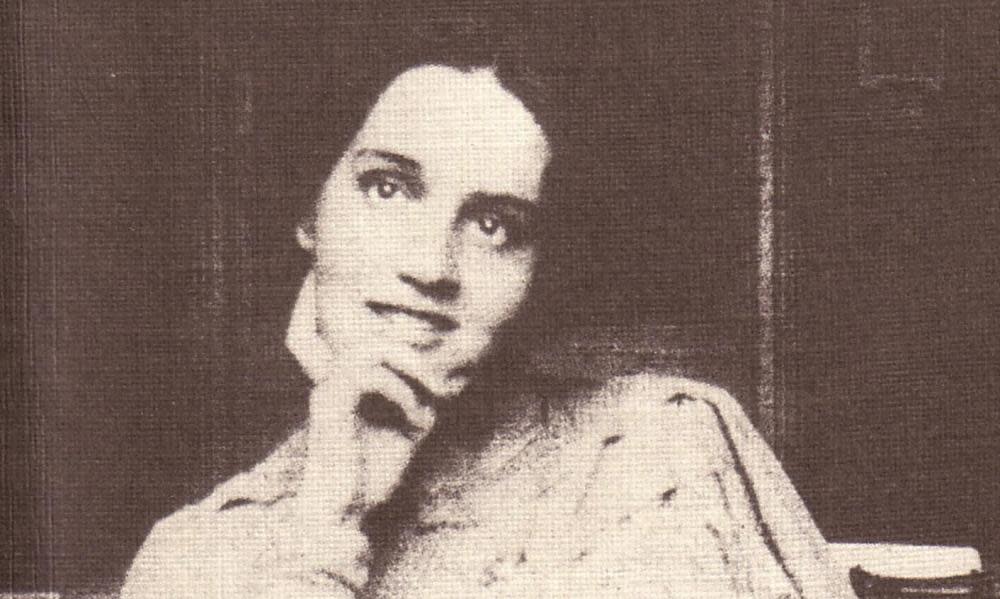A Woman by Sibilla Aleramo review – groundbreaking

In 1906 in England, literature was dominated by the well-behaved worlds of novelists such as Arnold Bennett, EM Forster and John Galsworthy. At the same time in Italy, Marta Felicina Faccio, who later became a leading feminist, published her first book under the pseudonym Sibilla Aleramo. A Woman is a groundbreaking, earthquaking vision, a story and a manifesto, and a literary performance so energetic it almost demands to be read aloud.
As a child, the narrator – who is unnamed, though the novel is essentially a memoir of Aleramo’s early life – worships her father and disregards her mother: which is where the trouble begins. How could it be otherwise? Her father is the source of knowledge, of money, of all that seems valuable; her mother is “readily prone to tears, while my father could not bear the sight of them”. When the family moves from Milan to southern Italy, things get worse. In a shocking, disorienting scene, her mother tries to take her own life and never fully recovers.
The girl’s own struggles have barely begun. Helping in her father’s factory at the age of 15, she attracts the attention of a worker, who rapes her. This overturns her thinking to the point that she wonders, “Did I belong to this man now?”, ultimately marries him, and they later have a son together. Yet it is from this experience that she begins to see that the self often works against its own interests; that by favouring her father over her mother “I had never stopped to imagine my future life as a woman”. It leads to a suicide attempt of her own.
Readers who like to underline striking passages will need to keep their pencils sharp
But from this crisis comes an awakening, delivered in prose that ascends to a higher and higher pitch, eventually leaping out with such force that the words almost crash on to the opposite page. “Blessed tears! At last I had got a hold of myself; at last I had accepted the hard task of walking alone, of struggling alone, of bringing into the light everything within me that was unpolished, beautiful and strong.” Readers who like to underline striking passages will need to keep their pencils sharp.
The narrator’s desire to progress “alone” is a challenge not just to marriage but to parenthood – “the mother in me could not be reconciled with the whole woman” – and she finally understands her own mother, who had experienced precisely the same difficulty. “Why,” she says, delivering the book’s central message, “do we idealise self-sacrifice in mothers? Where does this inhuman idea of maternal self-immolation come from? It has been passed down from mother to daughter for centuries. It has produced a monstrous causal chain.”
As the title suggests, A Woman (in a new translation by Simon Carnell and Erica Segre; the book has been out of print since 1982) seeks to be both individual and universal, and its influence echoes still. The chain image was adopted by Elena Ferrante in her novel The Lost Daughter: “All the hopes of my youth seemed to have been destroyed, I seemed to be falling backward toward my mother, my grandmother, the chain of mute, angry women I came from.”
This is a human story as well as a political one, and there is the blackest of comedy in scenes where, following her suicide attempt, the narrator’s sister-in-law asks her to sign a legal statement confirming that her husband was not to blame. But the greatest sadness comes when the tension between motherhood and “the better self that I had neglected” causes an inevitable crisis, revealing the book’s purpose. Aleramo left her son when he was aged six, in 1902, and wrote A Woman “so that my words will reach him”. It was more than 30 years before she would see him again.
• A Woman by Sibilla Aleramo (translated by Simon Carnell and Erica Segre) is published by Penguin Modern Classics (£9.99). To order a copy go to guardianbookshop.com. Free UK p&p over £15


